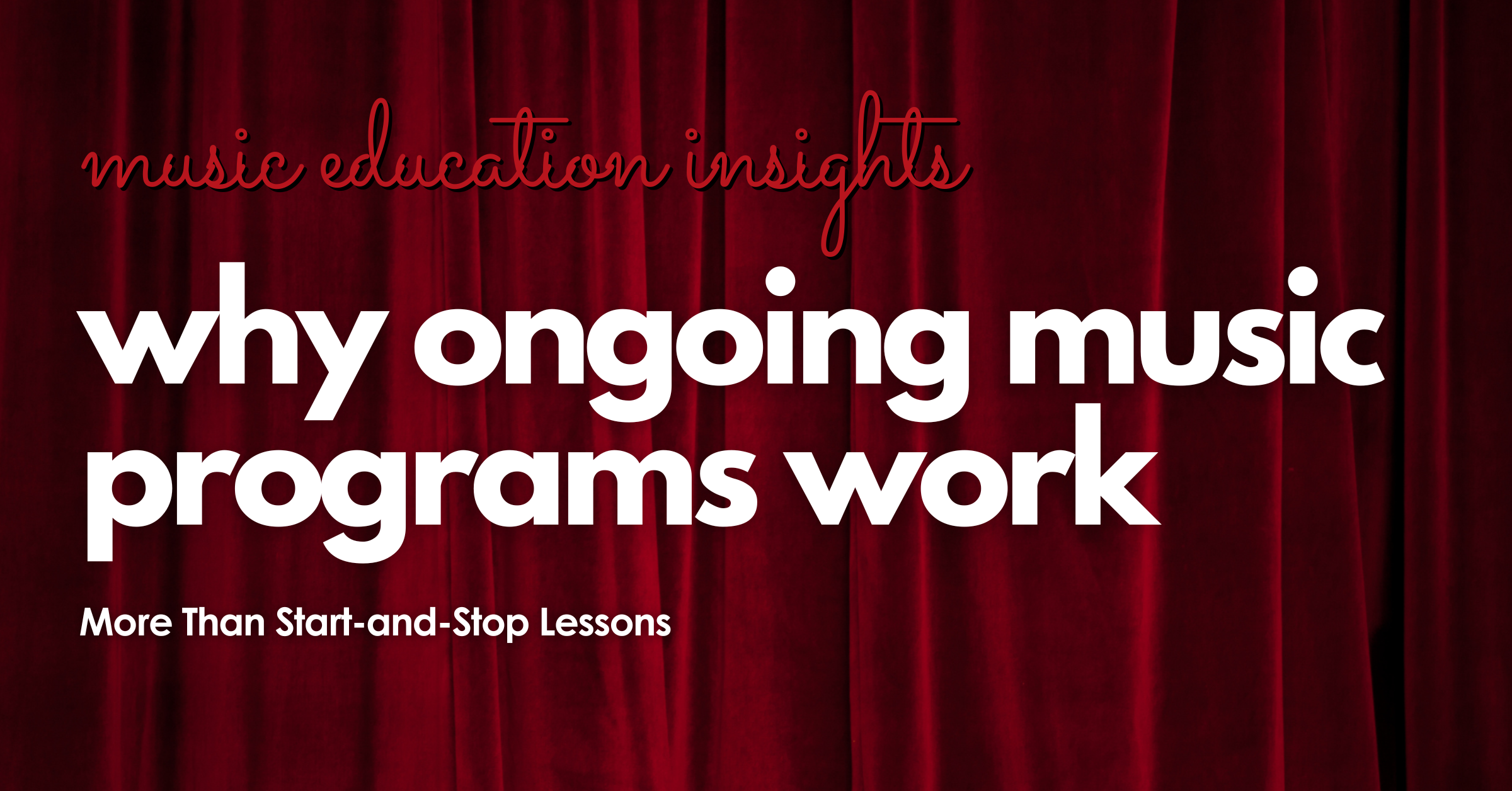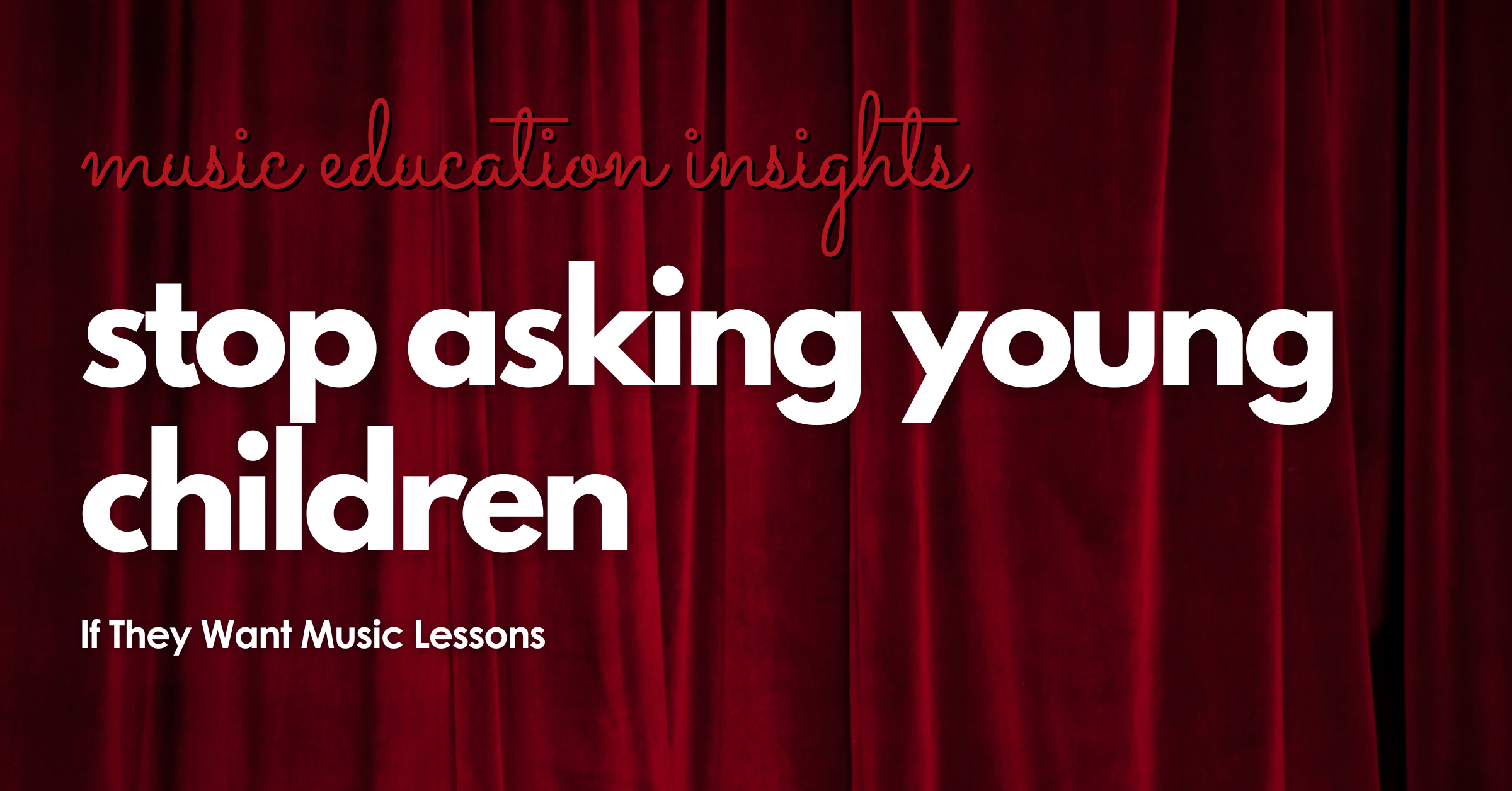by Mindy Cabral, The Magazine of Santa Clarita, July 2008
I talk to a lot of first time music parents at Little School of Music. Usually their biggest concern is their child’s first exposure to music being a fun and positive one. I couldn’t agree more. Because of this, many parents say they want their child to “try it out first to see if they like it”.
1. Try It – All children love music. If you would like your child to try making music to see if they enjoy it, a group class would be perfect. Most classes conclude with a performance for family and friends. This is a great time to evaluate your child’s experience.
2. Low Pressure – In a group class, children have the opportunity to learn basic fundamental skills and concepts without a lot of pressure. Playing music games, participating in instrumental ensembles, dancing and moving with friends help keep learning fun and exciting.
3. Attention Span – Most children under 6 years old are active and have a very short attention span. This makes sitting through a private lesson difficult. In a lively, “moving” classroom, children can participate in a class up to an hour long without losing interest.
4. Fundamentals – Learning music is very much like learning a language. It is necessary to experience musical concepts in many different ways repeatedly in order to internalize what is being taught. It is more fun for beginning students and their teacher to learn these basic concepts in a group class with other kids.
5. Better Value for Your Money – Meet and make new music friends, learn to play multiple instruments, perform and make memories to last a lifetime! Have it all for less than half the cost of private lessons.
Private lessons are very popular but can also be very expensive ($70-$100 an hour, or more!) Some consider it the best way to learn an instrument, however, that may not always be what is appropriate for the student. In general, the best time to look into private lessons is after your child has shown they have an interest in music, have learned basic skills and concepts, and is mature enough to sit with an adult and concentrate.
Private lessons allow your child to target specific musical and technical needs within their own playing. Many of my private students are curious about other instruments they see in the classroom. In conjunction with a private lesson, taking an additional music class that offers the experience of playing different kinds of instruments in an ensemble format would allow these students time to explore and make music with other kids. This will also help with concentration in their private lesson. This is the best of both worlds.
There are always exceptions, so the best thing to do is consult with an experienced music teacher to see what is most appropriate for your child.
© copyright 2008



